Prolific, fitfully great Austrian writer Stefan Zweig's two biggest popular biographies, Marie Antoinette: The Story of an Average Woman and Mary Stuart, would be a gift for any screenwriter, given their fully realised dramatic scenes. His best-known and most substantial novel, Beware of Pity (its German title translates as "The Heart's Impatience"), seems less adaptable, given the revealing consciousness of its first-person narrator, an officer describing his disastrous relationship with a crippled girl brought to an end by the First World War. It did in fact become a 1946 movie, and now Simon McBurney of Complicite has dared to try and make a play of it.
A remarkable amount of the text is here and to hear it in the original language from the fine ensemble of the Schaubühne Berlin is certainly enriching, however rapidly it passes. Problems first, though. This is yet another of those productions from the continent where all the actors are miked up, sometimes distortingly and so flatly that you can never tell where the voice is coming from on the stage – a loss when the narration is delivered polyphonically. Peter Malkin's sound design is saturated in music, too, always telling us how to think and feel, with snatches of Mahler slow movements for heightened emotion alongside more minimalist music that's much more banal. Both elements detract from the actors' craft.
There's surprisingly little of the physical theatre we expect from Complicite – you know it when you see it, as in a late sequence where the officer brutally breaks in a horse in his frustration at not being able to act when it comes to human beings (pictured below). The old photos and First World War footage – again, until the end, when a richer dimension makes a sudden bid for crucial messaging – take the text too literally. Again, the imagination would work better if this were a radio broadcast.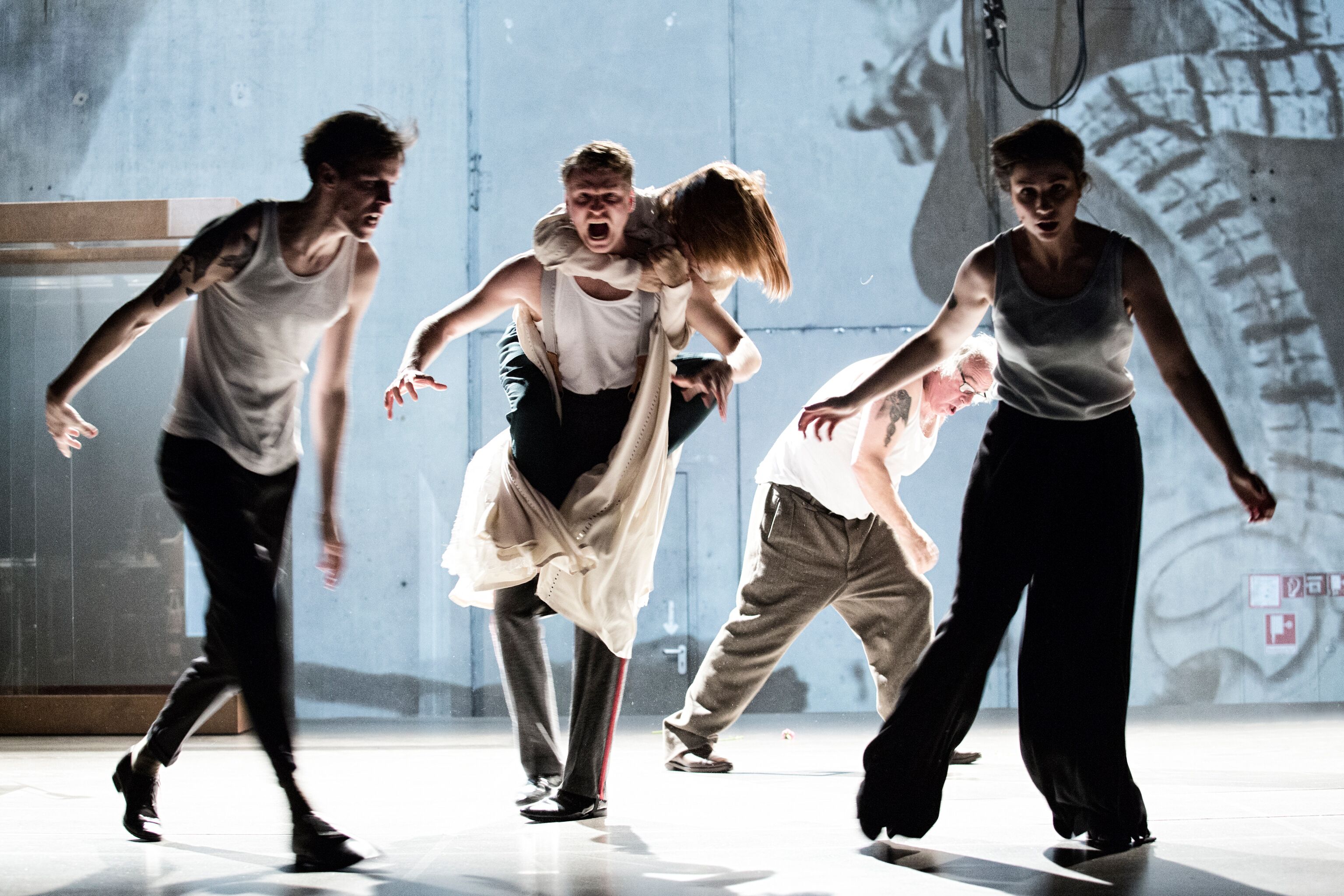 Where McBurney's trademark works best, though, is in the urgent telling of a story. As in his utterly compelling one-man drama The Encounter, we're drawn in to one man's story by another – in this case, the novelist (we're to presume Zweig himself) who meets the protagonist in a cafe in the 1930s. And then the older Anton Hofmiller (Christoph Gawenda) dovetails with his younger self (Laurenz Laufenberg) and multiple voices reinforce his breathless narration, as he tells the author how he came to meet wealthy Austro-Hungarian Lajor Kekesfalva and his invalid daughter Edith.
Where McBurney's trademark works best, though, is in the urgent telling of a story. As in his utterly compelling one-man drama The Encounter, we're drawn in to one man's story by another – in this case, the novelist (we're to presume Zweig himself) who meets the protagonist in a cafe in the 1930s. And then the older Anton Hofmiller (Christoph Gawenda) dovetails with his younger self (Laurenz Laufenberg) and multiple voices reinforce his breathless narration, as he tells the author how he came to meet wealthy Austro-Hungarian Lajor Kekesfalva and his invalid daughter Edith.
We then embark on a helter-skelter ride of Hofmiller's alternation between pity and repulsion, and the suspenseful, fateful knowledge that his weakness in trying to bring her happiness is going to end in disaster. McBurney and his actors build an extraordinary tension at times, especially in the climactic narrative of the eight days in which Anton must play a part (in more than one sense) in aiding the girl's latest search for a cure. Paradoxically, the most striking scene on stage, with its stress on the narrator's fear of female sexuality, is played out in near-darkness.
The main story sometimes seems a little absurd in compression, Anton's wavering and putting off the inevitable moment when he tells the girl he can't love her maddening rather than dreadfully sad, and it isn't helped by Marie Burchard's unsympathetic, raspy-miked portrayal of Edith's neuroses when what we need to notice is her emotional intelligence. Eva Meckbach, playing both her cousin and the timid companion whose legacy Kekesfalva takes advantage of in a compelling tale-within-a-tale, makes a bigger mark, not easy in among the information overload.
McBurney seems right in assuming that Zweig wants us to see a bigger issue in Anton's moral equivocation, how indecision, weakness and lack of self-knowledge – an essential component in the device of the "unreliable narrator", Henry James-style – can play their part in larger scale catastrophes. I won't spoil the final sequence by describing it, but it does ultimately justify seeing the drama on stage. Let's just say that with the Commons caving in to a chimera, and May grovelling to Trump, the lesson of moral faltering is stronger than ever. Up to that point, sorry to insist, it's just a radio play with visual extras – but still Zweig's story is a compelling one, and strikingly told.
- Beware of Pity at the Barbican until 12 February – sold out – followed by Schaubühne Berlin's Richard III (16-19 February)
- Live stream on Complicite's YouTube channel on 12 February, available until 26 February
- David Nice's blog on a walk around Stefan Zweig territory in Salzburg
- Read more theatre reviews on theartsdesk

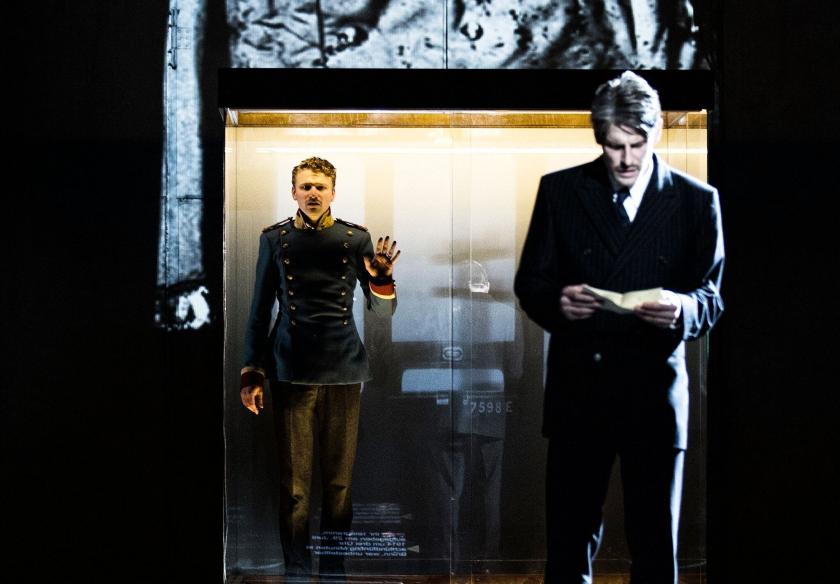







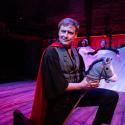

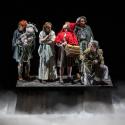
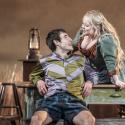
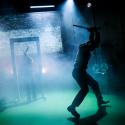

Add comment